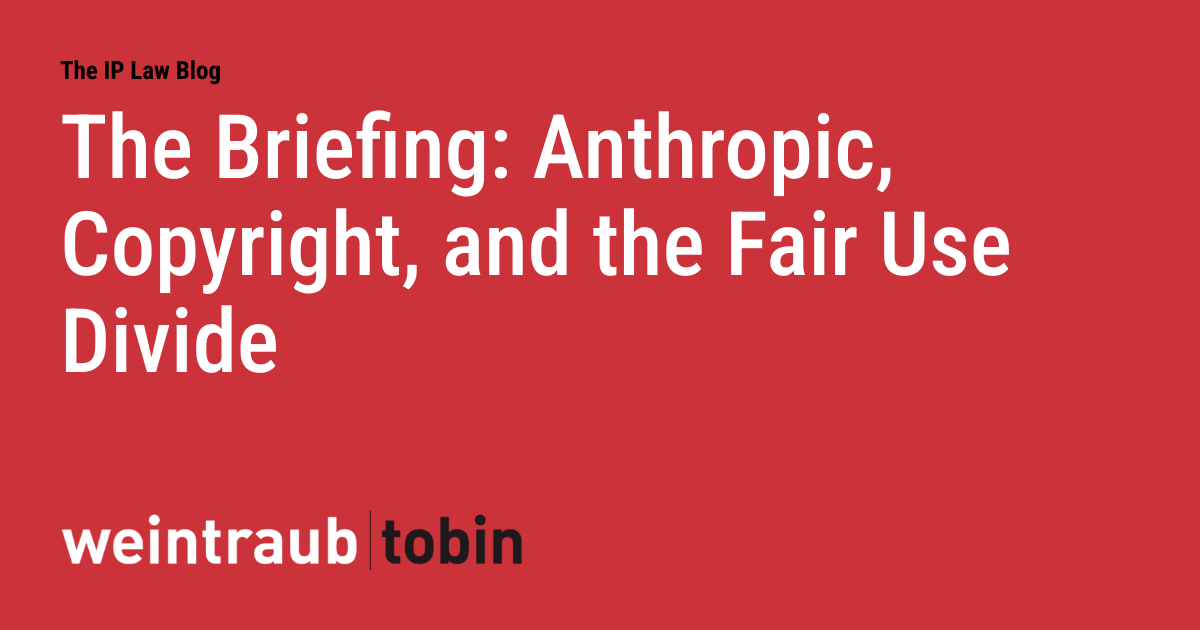
"A federal judge ruled that training Claude AI on copyrighted books, even without a license, was transformative and protected under fair use. However, permanently storing millions of pirated books crossed the line."
"This nuanced opinion indicates a significant distinction between utilizing copyrighted content for AI training and the storage of such content without authorization."
"The ruling clarifies the boundaries of fair use in relation to AI development, suggesting that transformative use can be permissible, but unauthorized storage remains a violation."
"AI developers are now faced with the challenge of navigating copyright issues while ensuring compliance with fair use standards in their training processes."
A federal judge's ruling determined that the use of copyrighted books for training Claude AI constitutes transformative use, qualifying for protection under fair use. This decision differentiates between training AI models and the permanent unauthorized storage of copyrighted materials. While AI developers may utilize copyrighted works in a way that adds new meaning or context, holding vast amounts of pirated books without permission is strictly prohibited. This ruling sets a precedent for the evolving relationship between AI technology and copyright law, emphasizing the need for careful compliance by developers.
Read at The IP Law Blog
Unable to calculate read time
Collection
[
|
...
]